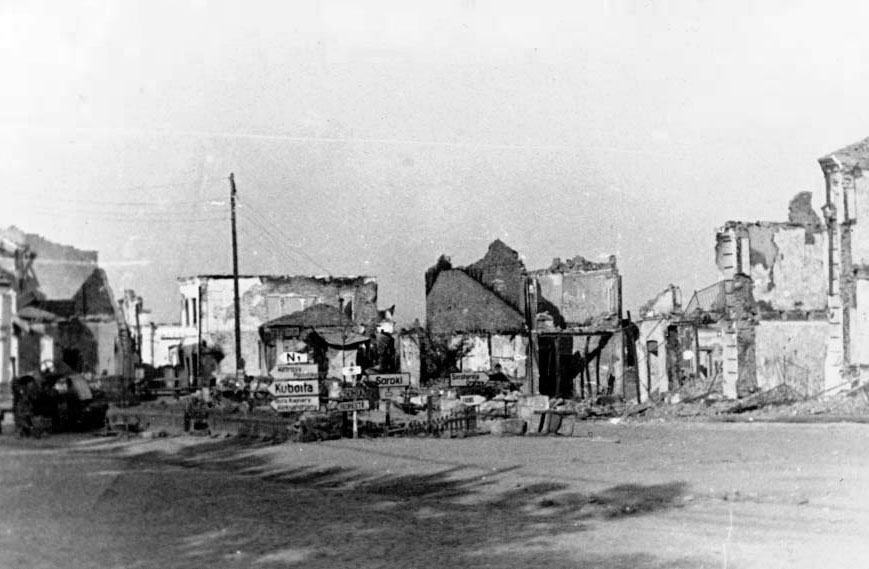Bălţi, Romania (today Moldova)
Between the two world wars, the Jewish community of Bălţi was a vibrant population of trade, industry and culture, Zionism and Yiddish, political parties and youth movements. Bălţi was the second largest populated city in Bessarabia, with the second largest number of Jewish inhabitants after Kishinev, and the economic center of the region. In the official 1930 census, Bălţi was listed as having 14,229 Jewish residents, about 60% of its total population.
Following the Molotov-Ribbentrop Agreement, Bălţi was absorbed into the Soviet Union in the summer of 1940, coming under Soviet rule.
On 22 June 1941, the Germans invaded the USSR. On 9 July, Bălţi was occupied by German and Romanian armies, and waves of abuse and murder began. At the end of July, the German units and Gestapo officers left the city in the hands of the Romanians. In September 1941 the last of the Jews of Bălţi– some 2,800 people – were expelled to the Mărculeşti Camp, and the Jewish population of the city ceased to exist. In Mărculeşti, many members of the community died, and the rest were deported to Transnistria.
This is the story of the community of Bălţi.



